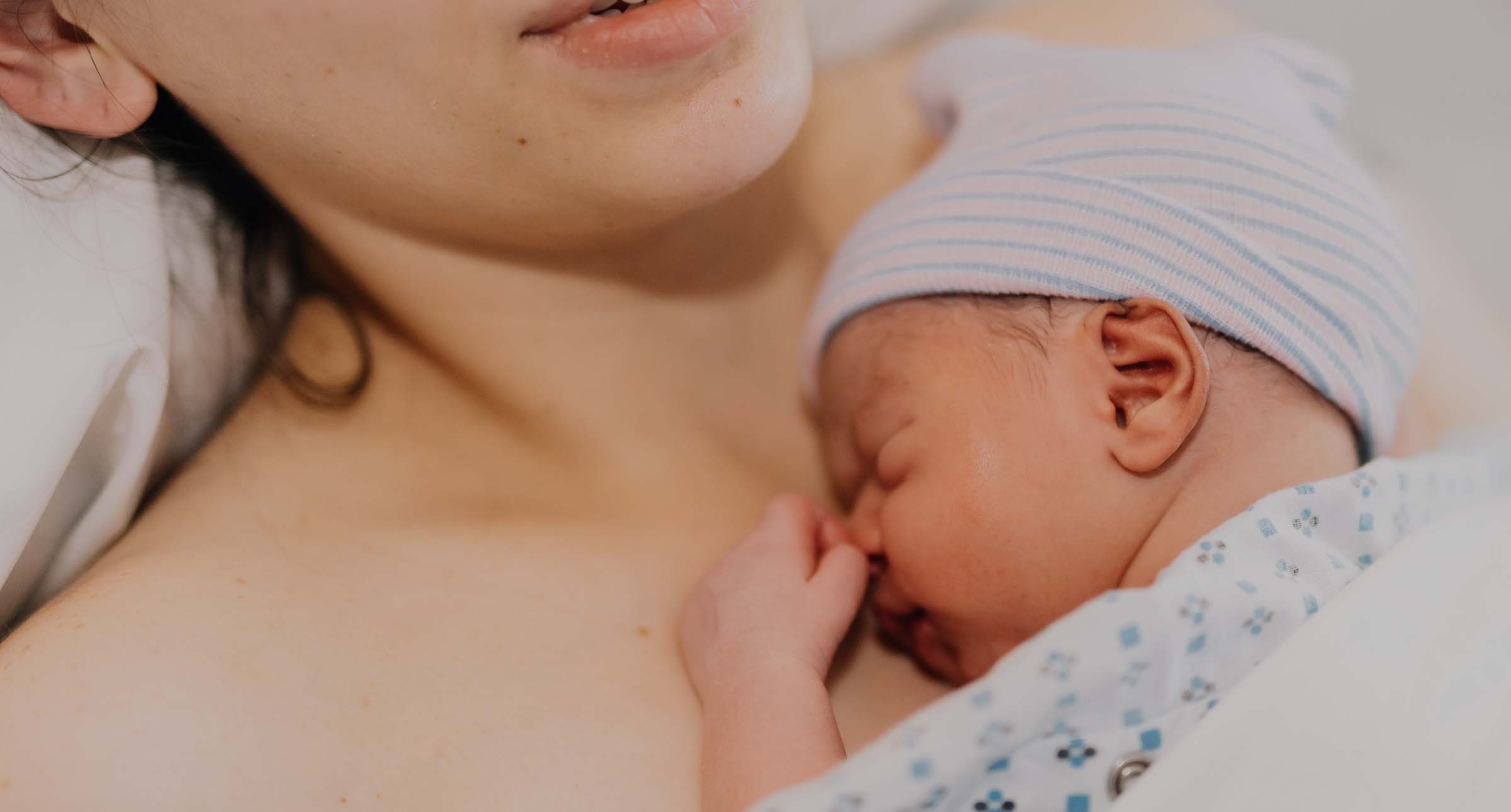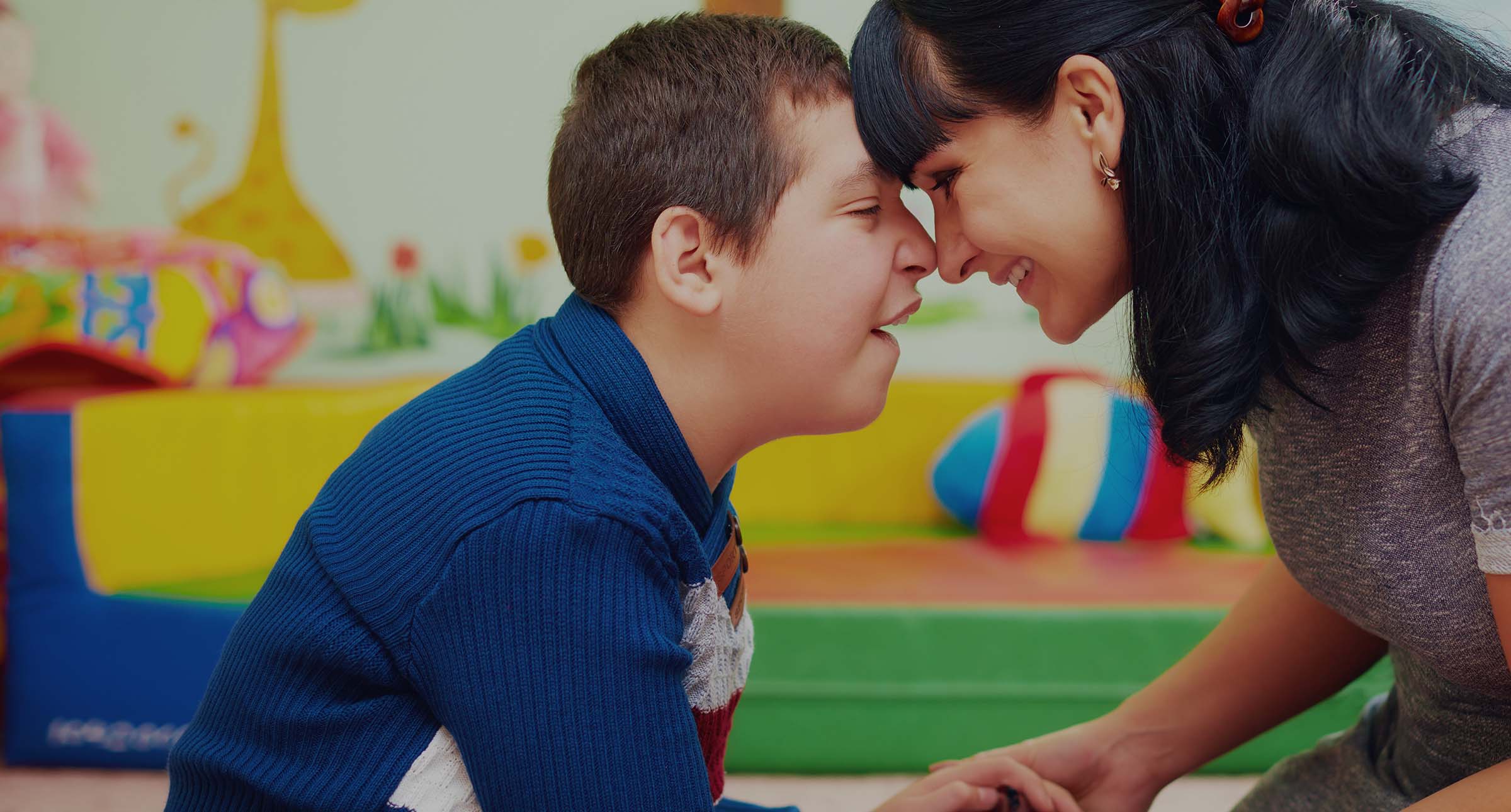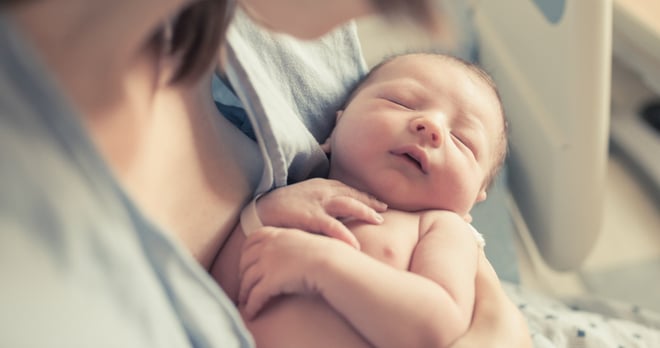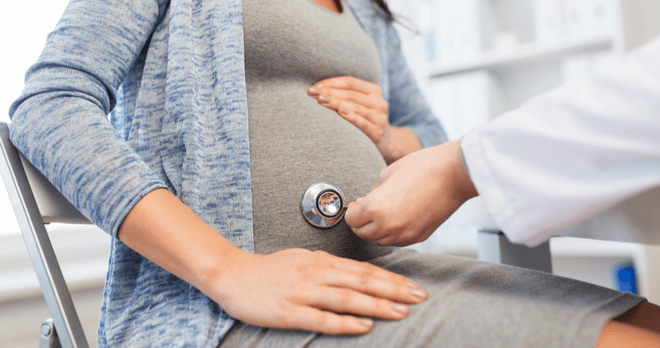Six-figure settlement for fourth-degree tear secured for first-time mum.
Hannah Blackwell and Rebecca Callard secured a lump sum payment of £350,000 (RPI Adjusted £421,111 as at September 2024) for a 30-year-old (at the date of settlement) mum of two (referred to here as CD) for the physical and emotional damage she sustained in April 2015 during, and following, the birth of her first child.
The claimant and her partner were looking forward to welcoming their first child. They both came from large families and enjoyed having lots of siblings around while growing up. They were planning a similar family of their own.
What happened.
At 09:30 our client CD was noted to be fully dilated. The plan was to wait one hour for descent of the baby, so at 10:30 active pushing commenced.
At 11:06 anal dilatation was noted. At 11:10 it was noted that CD continued to push well with contractions. At 11:30 there was more vaginal gaping noted, and vertex not yet visible. At 11:45, the epidural was no longer effective, CD was distressed and so an obstetric review was requested. The registrar attended and decided to carry out an instrumental delivery in the room.
The retrospective clinical entry by the delivering doctor noted that upon examination he couldn’t feel the head in our client’s abdomen, and the uterus was soft between contractions. Therefore he considered that the baby was deliverable in the room and so proceeded to deliver via forceps. The doctor noted that the forceps were applied without difficulty and that there was minimal descent for the first two pulls. CD recalls feeling like there was something stabbing her in the bottom and screaming out in pain.
The doctor noted good descent with the third pull but that the baby’s head had not delivered. Shoulder dystocia was anticipated because of the slow rotation of the baby’s head. CD was placed in the McRoberts position to aid delivery of the shoulders. Supra-pubic pressure was applied, following which the anterior shoulder was delivered.
The doctor’s notes in our client’s records show that, upon inspection of the perineum prior to delivery of the second shoulder the baby’s hand was found to be coming out of our client’s anus. Delivery of the baby followed.
The impact on our client.
CD was diagnosed with a fourth-degree tear which was repaired in theatre. At the time of repair it was noted that the tear extended 10-12cms into CD’s rectum. The sphincter was also divided and tissues were widely splayed and ragged.
CD had to have a stoma which remained in place for six months to enable the repair to heal.
Following the reversal of the stoma, CD experienced faecal incontinence, urgency and leaking.
Making a claim for maternal injury.
After contacting our specialist maternal birth injury claims team, CD brought a claim against the defendant Trust for:
- failing to discuss the various risks associated with normal vaginal deliveries and caesarean sections with CD, particularly in light of her Behcet’s Syndrome and increased risk of DVT due to maternal family history. Had these discussions taken place she would have enquired further and requested to deliver her baby via caesarean section;
- carrying out a mid-cavity delivery by forceps in the delivery room rather than in theatre when there was no immediate risk to either CD or the baby (contrary to the RCOG Guidelines 2011);
- failing to carry out appropriate checks as to the positioning of the forceps once applied and before the first pull, and then failing to abandon the use of the forceps given satisfactory application had not been achieved;
- proceeding with a mid-cavity forceps delivery when there was only minimal or no descent of the baby;
- applying incorrect traction in an inappropriate direction;
- applying fundal pressure (as opposed to the correct Suprapubic Pressure) causing the shoulder to become further impacted and the birth to be more difficult.
Expert evidence obtained during the progression of the claim showed that following an obstetric injury a repair to the anal sphincter should be performed as soon as possible to achieve the best outcome/result. However, even where a repair is performed promptly, approximately 50% of women with such an injury suffer ongoing symptoms.
Sacral Nerve Stimulation (SNS) was recommended over further repair surgery in the event that there was a 40-50% risk of failure of the 10 years following surgery, with a view to a permanent SNS Pacemaker if symptoms improved. The expert recommended a permanent stoma if SNS was unsuccessful, however there was a significant risk of a hernia developing which would need to be treated surgically.
It was agreed that, on the balance of probabilities, CD’s physical symptoms will continue to deteriorate. Even with treatment it is unlikely there will ever be full recovery of her anal sphincter meaning she will experience on going difficulties controlling her bowel. The colorectal expert who reported on this case commented that he had not previously encountered such a severe obstetric injury over the entirety of his career.
CD was unable to return to the defendant hospital for regular appointments relating to an underlying condition as a result of her PTSD, adjustment disorder with anxiety and also depressed mood (as a result of the negligence), and consequently had no treatment/follow-up for that condition.
CD had planned to return to her previous supermarket managerial role on a part-time basis after a period of maternity leave, but her difficulties controlling her bowels and the ongoing pain she experienced meant she had more days of sick, could not be on the shop floor as she had done previously and needed to be near a toilet meaning she was unable to do so.
How much compensation was received, and how was it calculated?
The case settled for £350,000 (RPI Adjusted £421,111 as at September 2024).
We agreed this compensation from the defendant based on our client’s original injury, the anal sphincter repair, ileostomy and the reversal of the stoma. She received additional damages to cover past and future care costs, future treatment costs on a private basis, and loss of earnings.
How we helped.
CD was recommended by a psychiatric expert during the progression of her claim to undergo alternative dream end rehearsal therapy, Cognitive Behavioural Therapy (CBT) – to include eye movement desensitisation and responding sessions – and psychosexual counselling. Her compensation allowed her to access these therapies on a private basis and regain parts of her life that had been taken away from her in April 2015.
If you think you’ve experienced injury as a result of negligence, our maternal injuries team are here to help.
Call now








